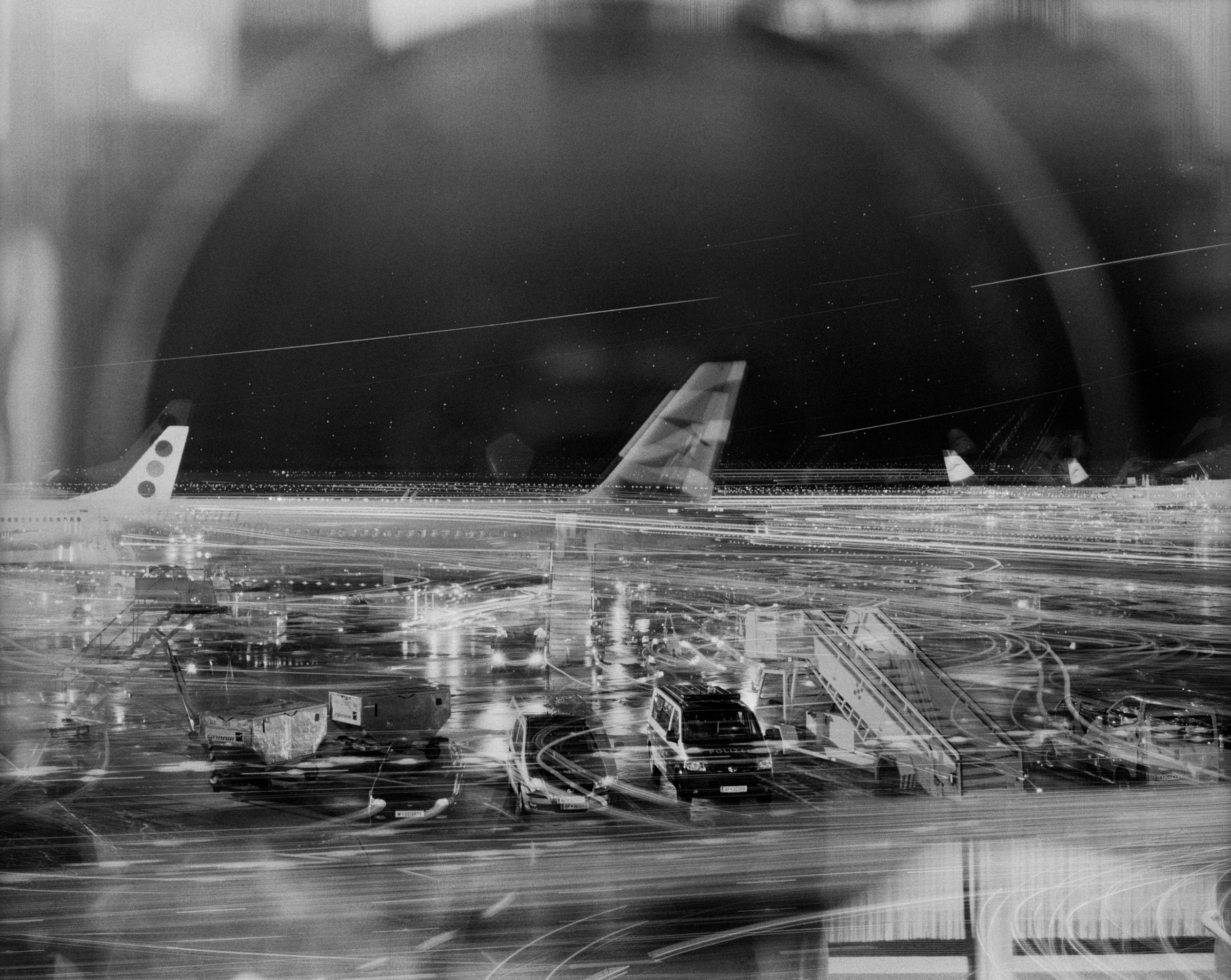
Steeped for 25 years as a self-assigning photographer and filmmaker, Chien-Chi Chang has booked quite a lengthy travel log.
A native of Taiwan, his paths have taken him to adventurous frontiers such as the China-North Korea border-where he began to follow North Korean defectors for almost a year. He photographed their escape through China into the subtropical forests of Laos, crossing the Mekong River into Thailand, from where the defectors would often return to their home peninsula but in South Korea.
When photographing in Burma after Cyclone Nargis, the country’s worst natural disaster, Chang’s movement was constantly tracked and probed by the Burmese regime’s ubiquitous network of spies and informants.
But images about these experiences, which so easily seem like the fodder of Hollywood blockbusters, are conspicuously absent from his new photo book, Jet Lag, an effective meditation on countless dull hours spent in transit across the sprawling geographical trails of his career.
“Jet lag is an endemic and growing disease of the shrinking world; photographers and all of us who are ‘on call’ have had it shape our lives,” Chang tells TIME. “The call comes, you drop everything, and then comes the middle ground between leaving and the responsibilities of arriving, where jet lag becomes more than loss of sleep.”
Comparing the psychological impact of jet lag with brain injuries for sportsmen, Chang believes that jet lag’s long-lasting effects on traveling photographers have not been fully comprehended. Yet, exploring and visualizing the subject was no easy task. “It is nearly an universal unpleasant experience and also a great photographic challenge. How do you photograph the emotion of waiting and expectation?”
To do that, Chang chose to zero in on the most mundane and unexamined particulars that the everyday passenger ignores: the shining but cold marble floors in airport lounges, and the unfamiliar beds of luxurious and cheap hotels, where he stayed mostly alone. Through portraits and self-portraits, he simultaneously captures the anticipation and exhaustion caught in the “between” space.
Yet, despite the physical and mental hazards of the constant crossing of time zones, the real damage, Chang found, was at home, as his first marriage disintegrated. “The demands [of being a photographer] are tremendous and we invariably fail, and usually it is the family that pays the cost,” Chang says. After years of being away, the detachment and rootlessness caused him to feel as if “a kite with a broken string” and that “screen-to-screen chats cannot make up for skin-to-skin contact,” he writes in the book, which eventually drove him and his first wife apart.
“For all of us photographers, we ultimately are trying to find the balance between the job and the family; it is at the core of who we are,” Chang tells TIME. Now, happily residing with his second wife and two young children in Graz, Austria, Chang cherishes his time at home, and his family has become the ultimate cure to jet lag. “Without children, without the base they give you, every picture I take would miss the most crucial human element,” Chang says.
Chang’s commitment for completing his job as a photographer, no matter the dangers he might encounter or the irrecoverable mental exhaustion of jet lag, is unyielding as he writes in the book: “In every shady assignment or commission, I know the editor cannot publish an ‘excuse.’ There is no good excuse. I get in, get the pictures, and get out. Period.”
Chien-Chi Chang is a member of Magnum Photos. He lives in Graz, Austria. Follow him on Instagram @chien_chi_chang.
Alice Gabriner, who edited this photo essay, is TIME’s International Photo Editor.
Ye Ming is a freelance writer. Follow her on Twitter @yemingphoto and Instagram @blackeyeyese.
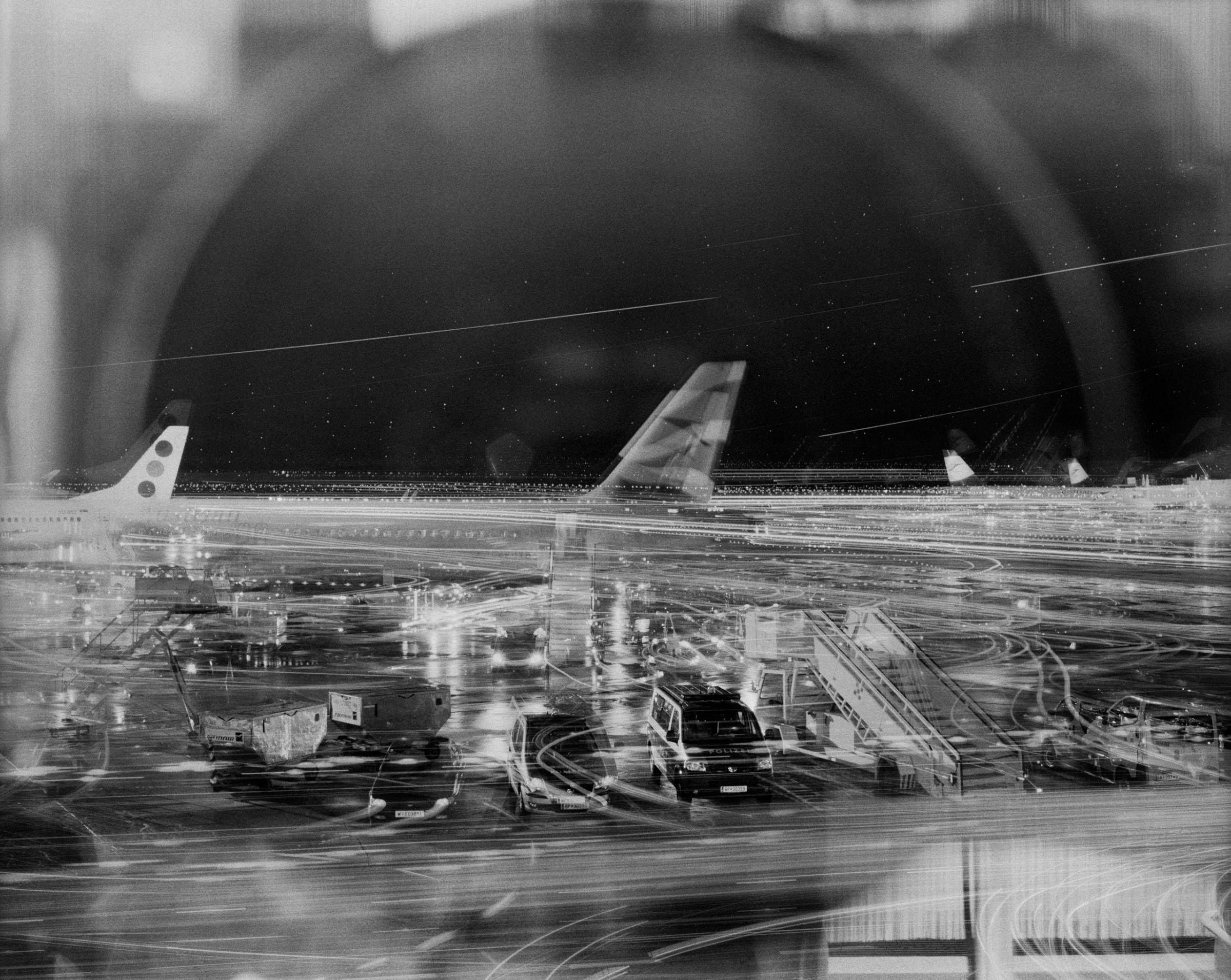
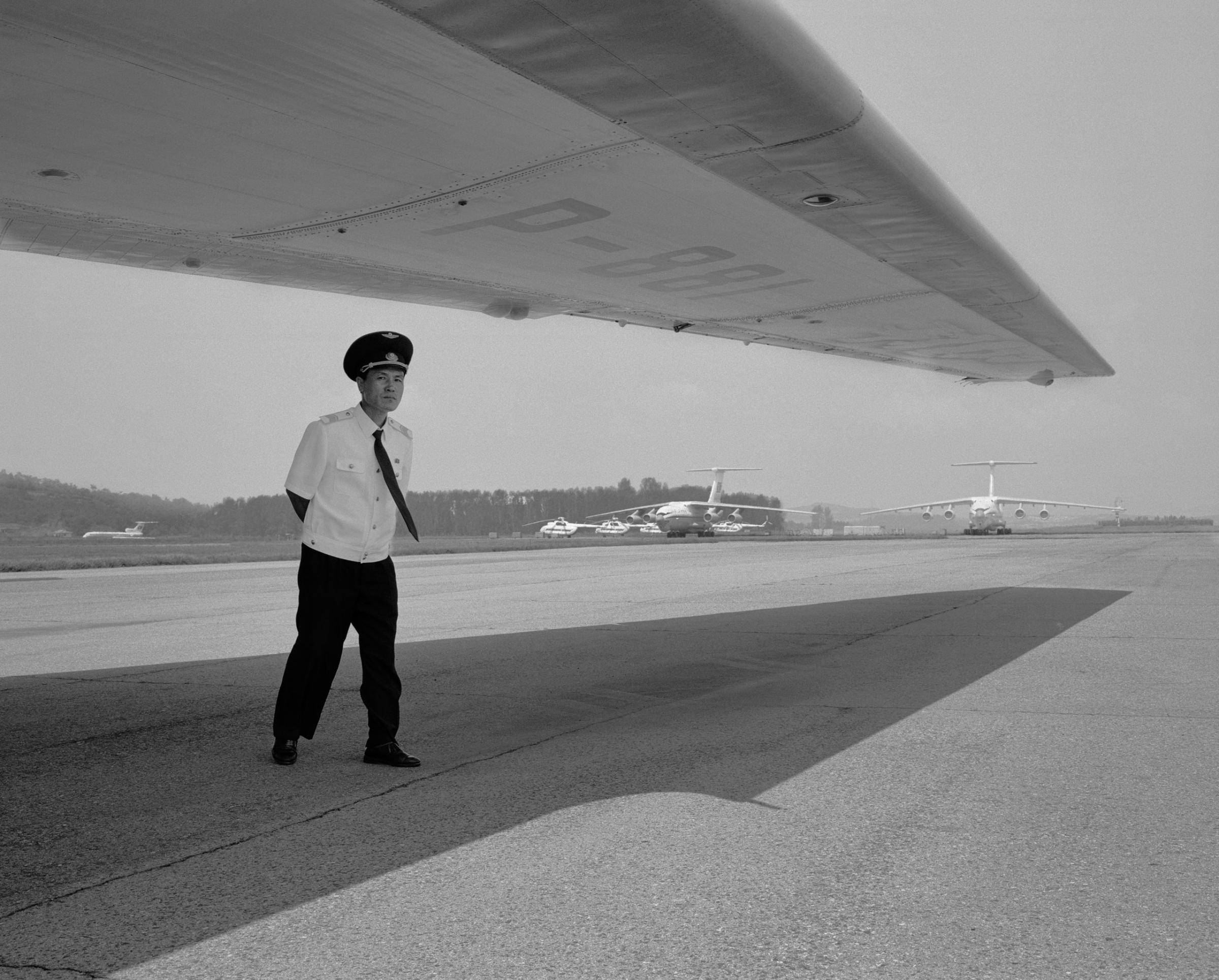
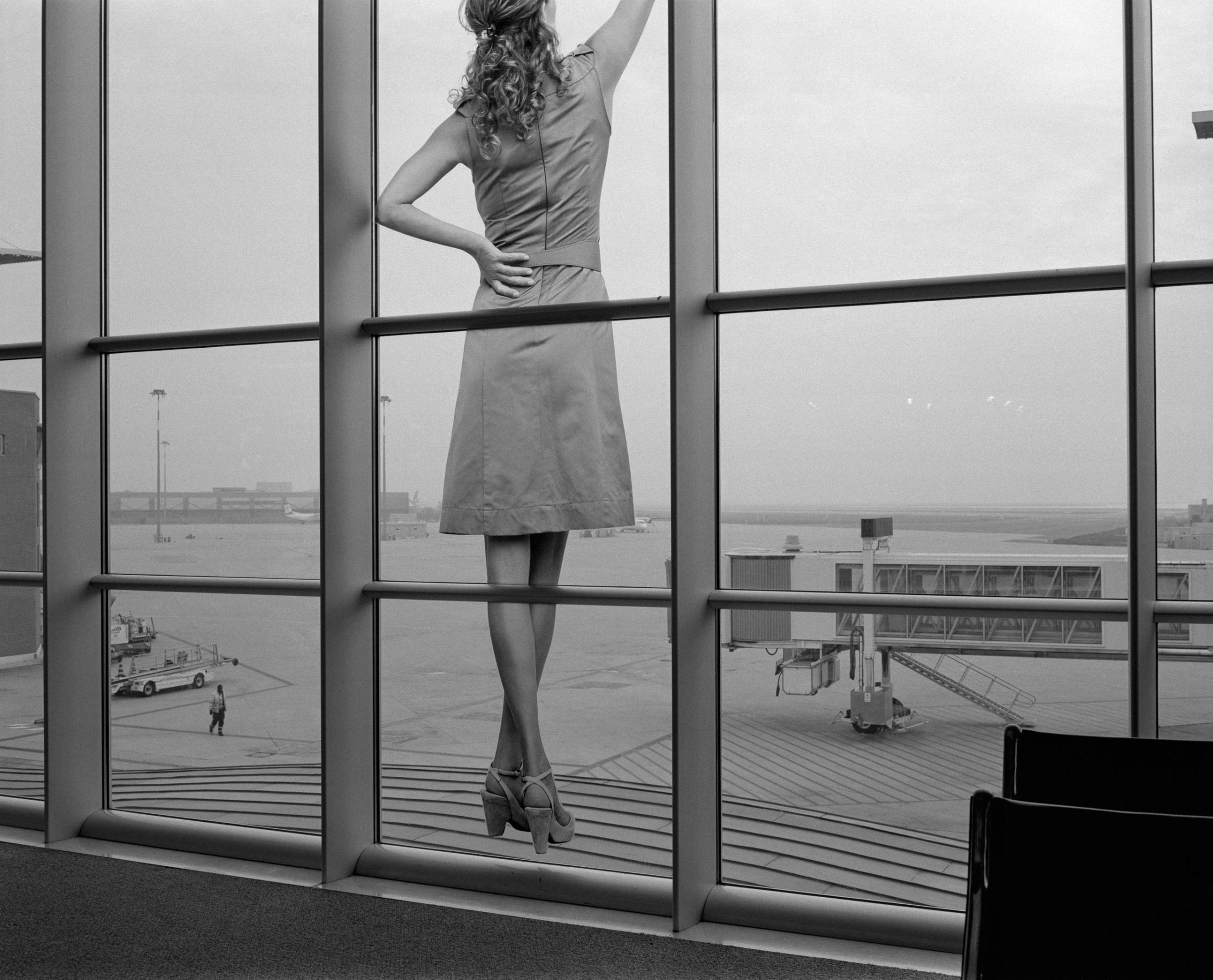
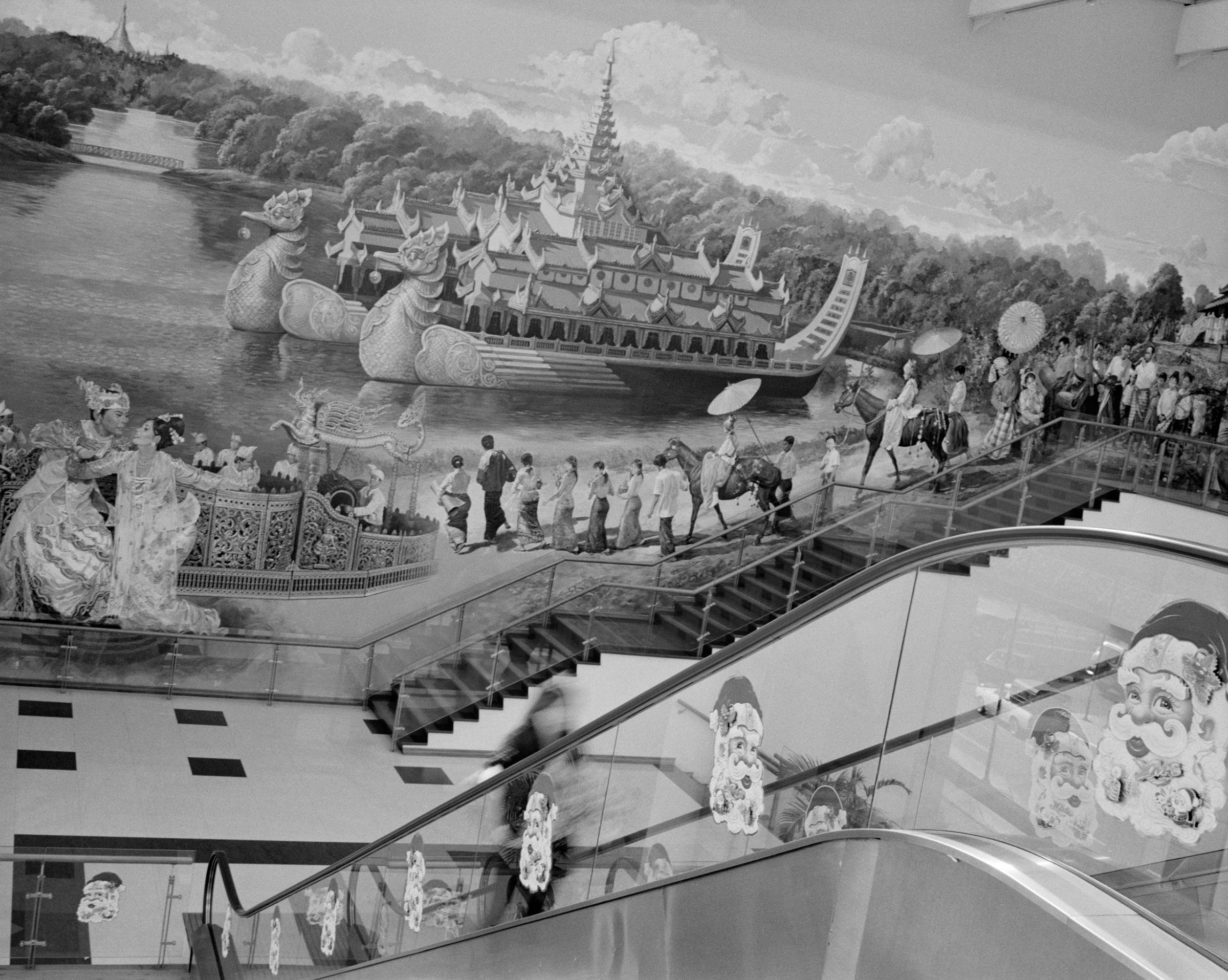
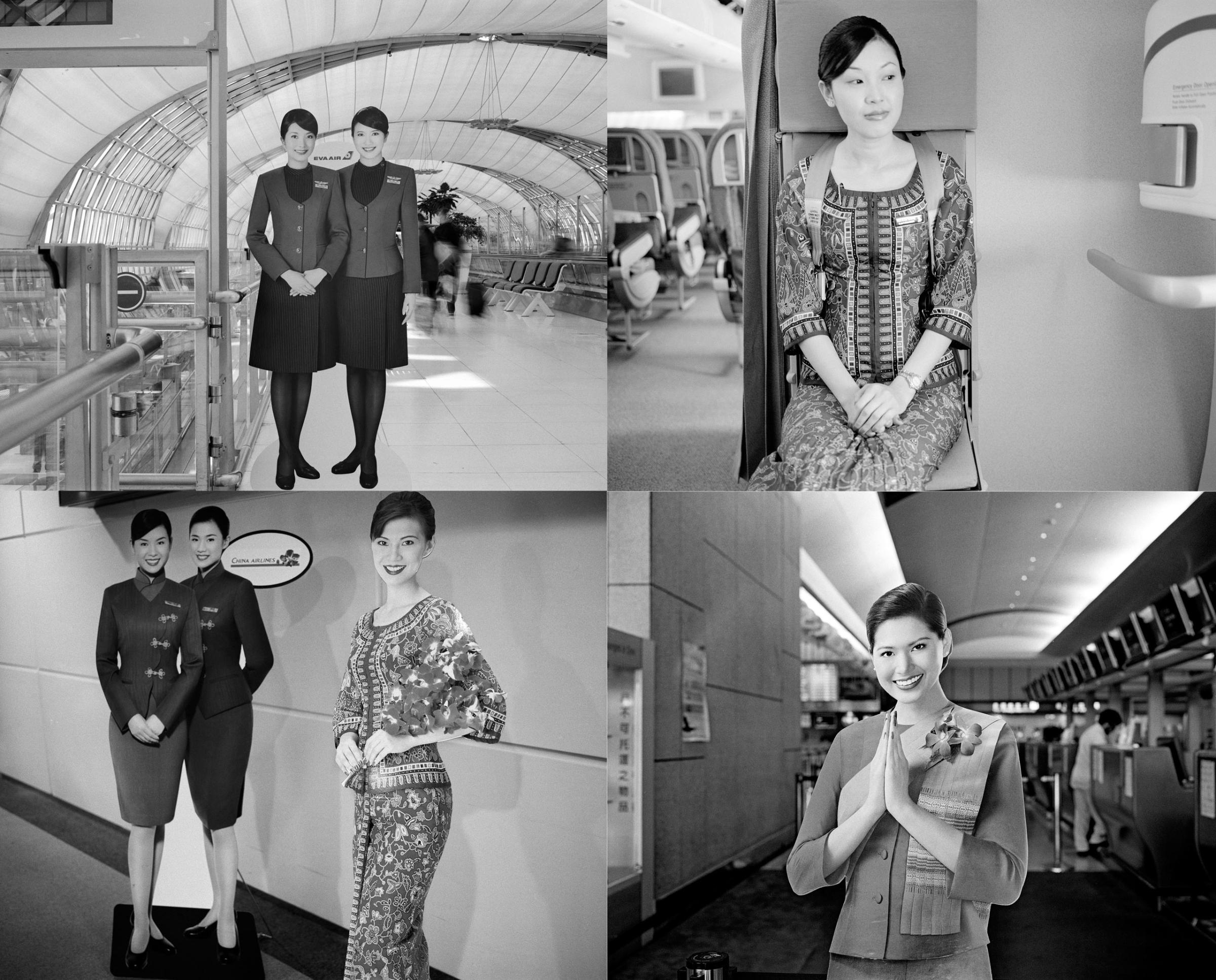
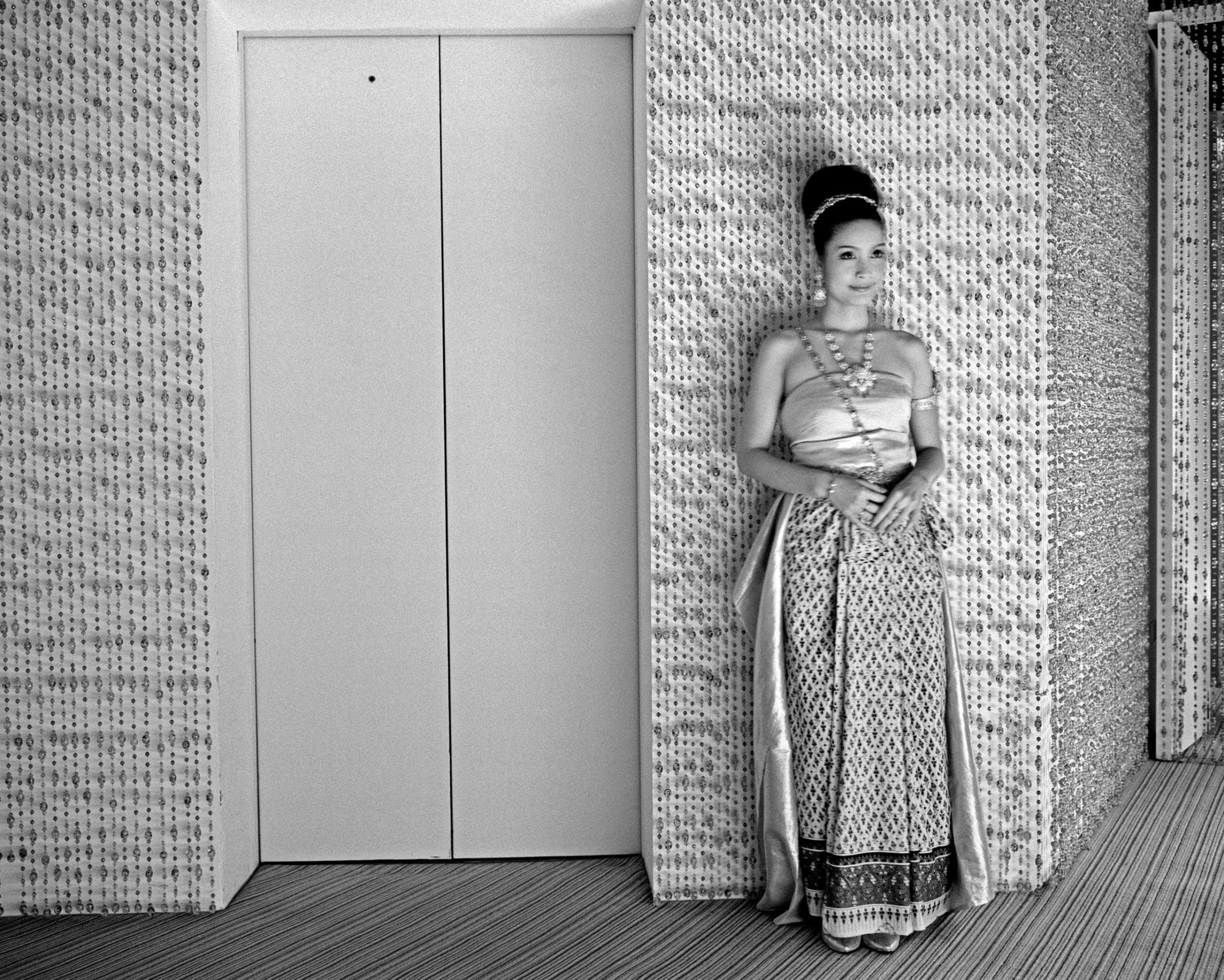
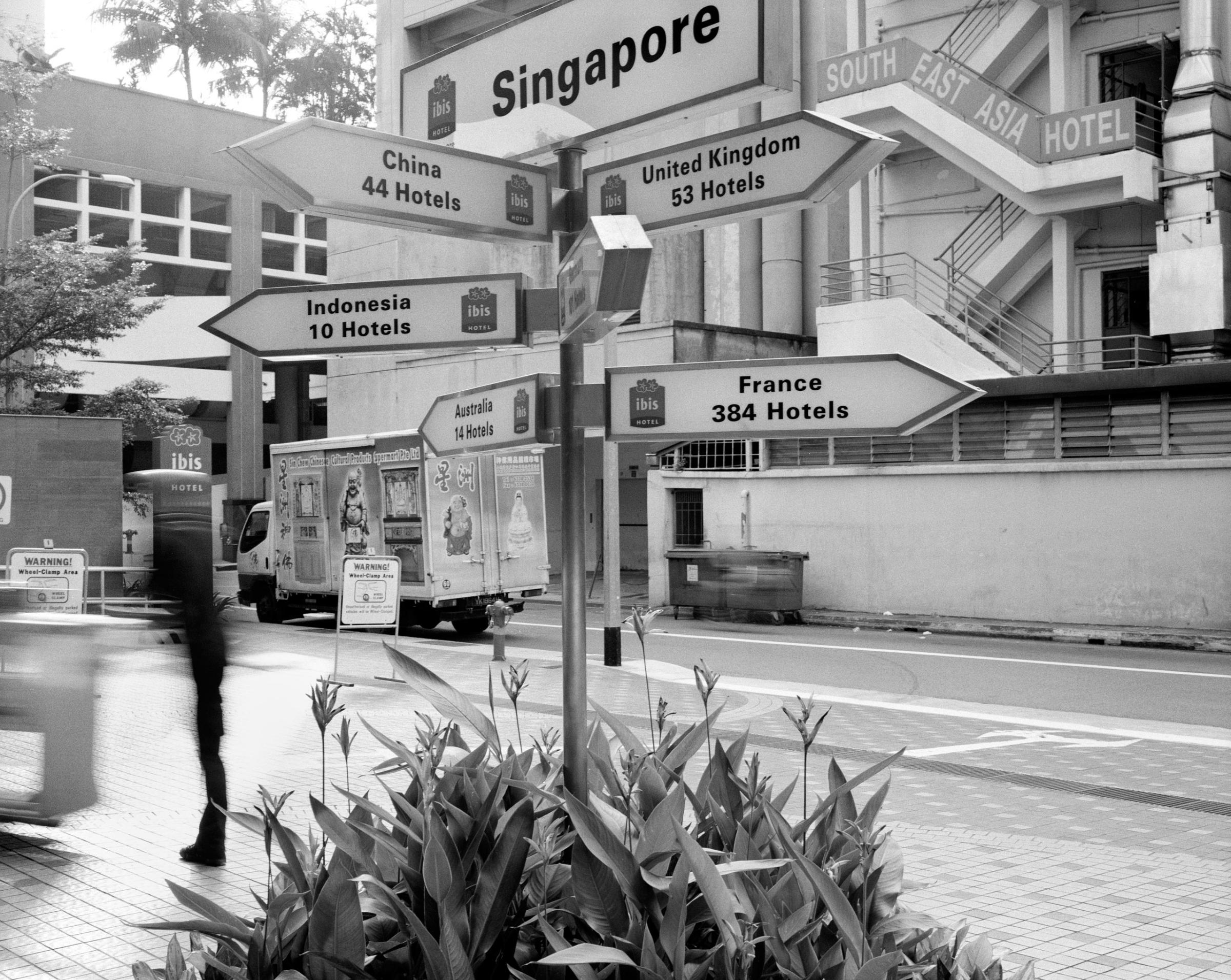
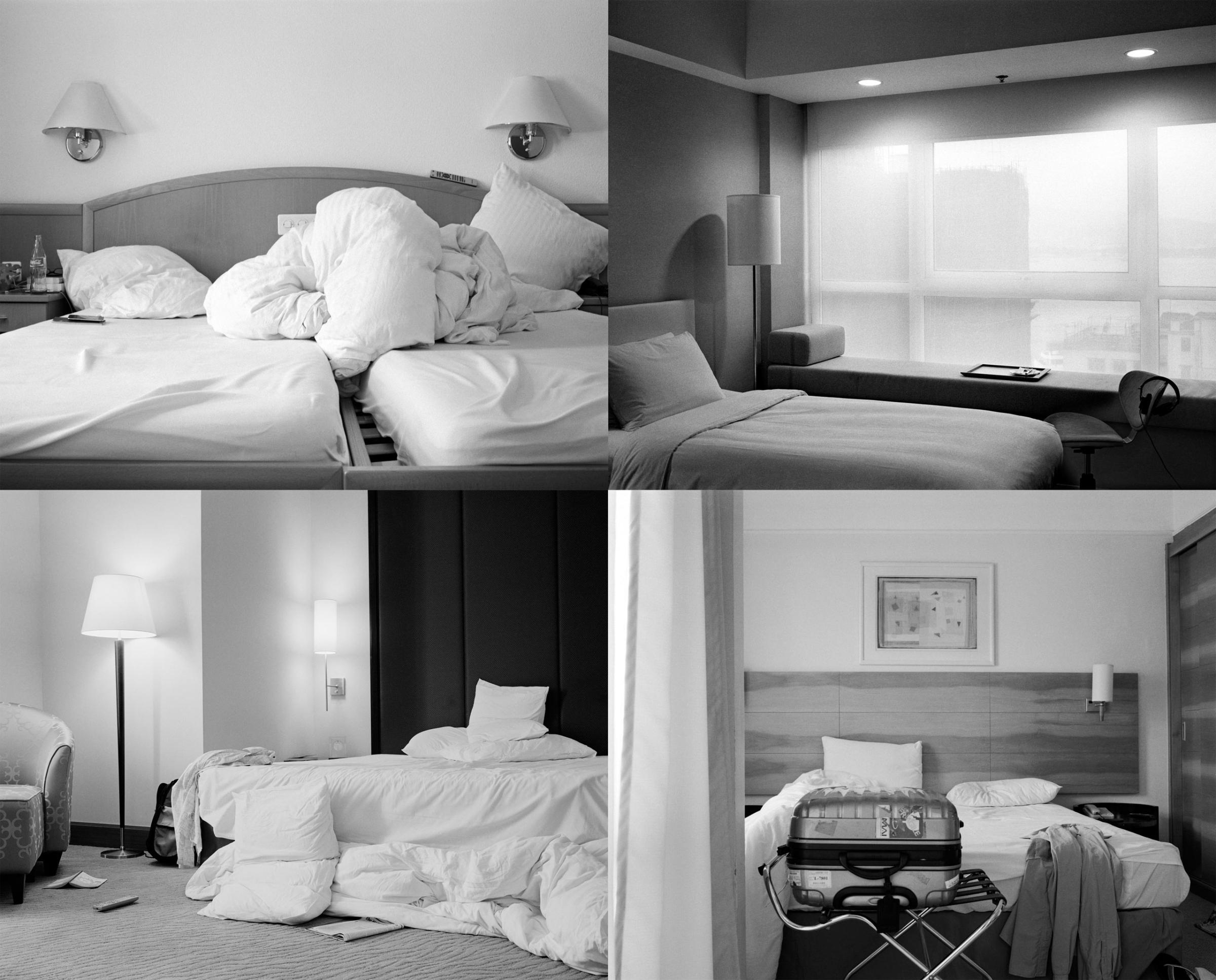
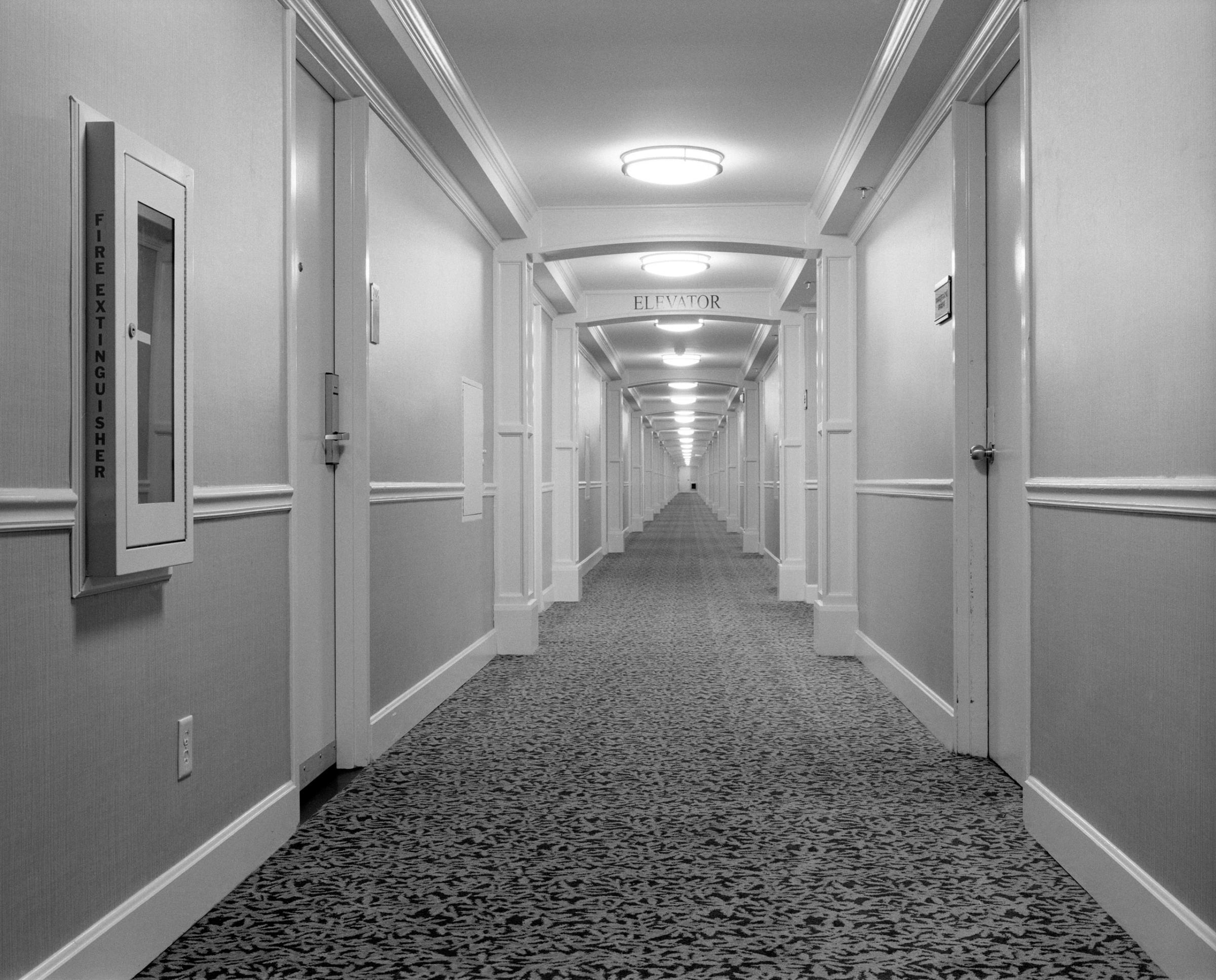
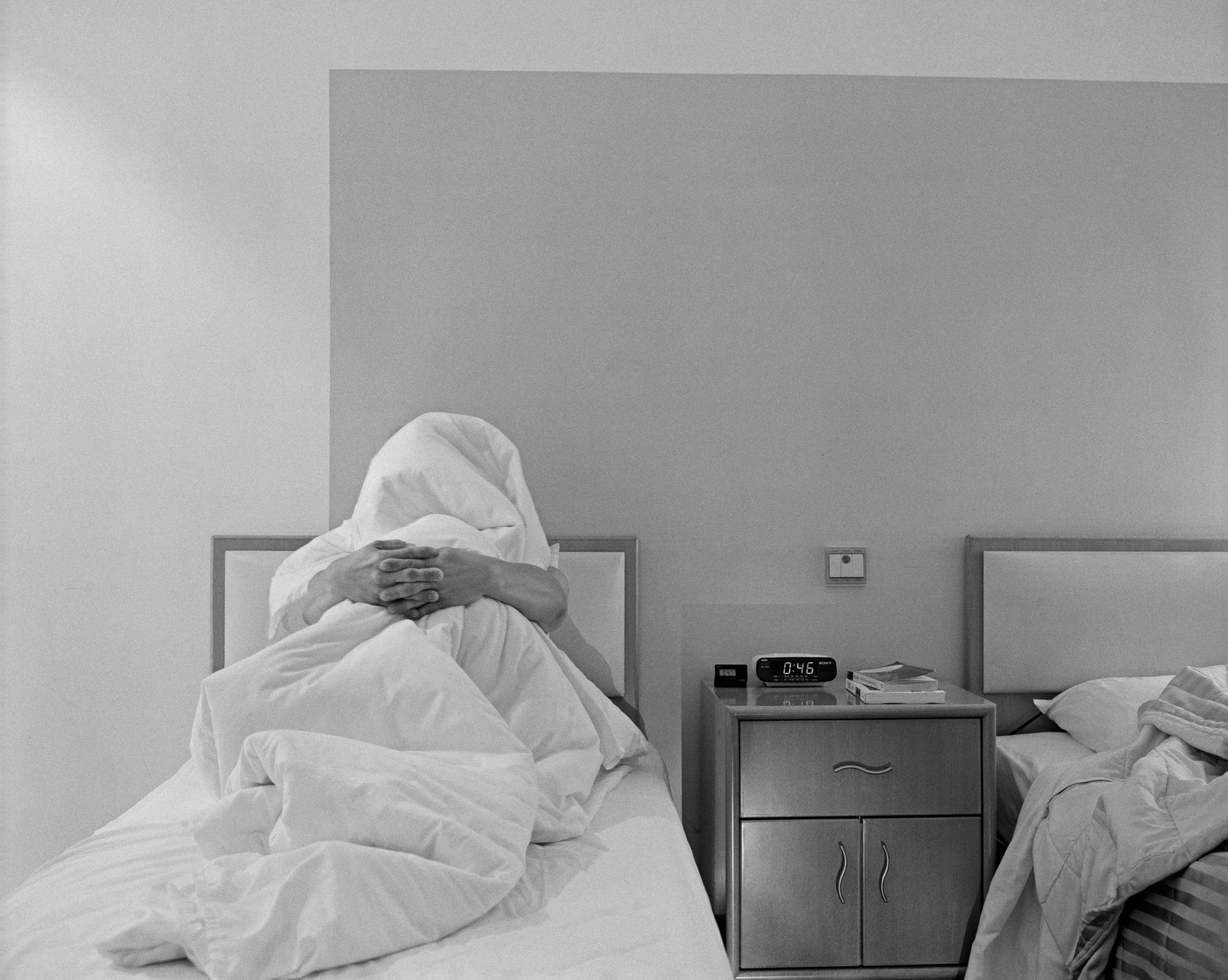
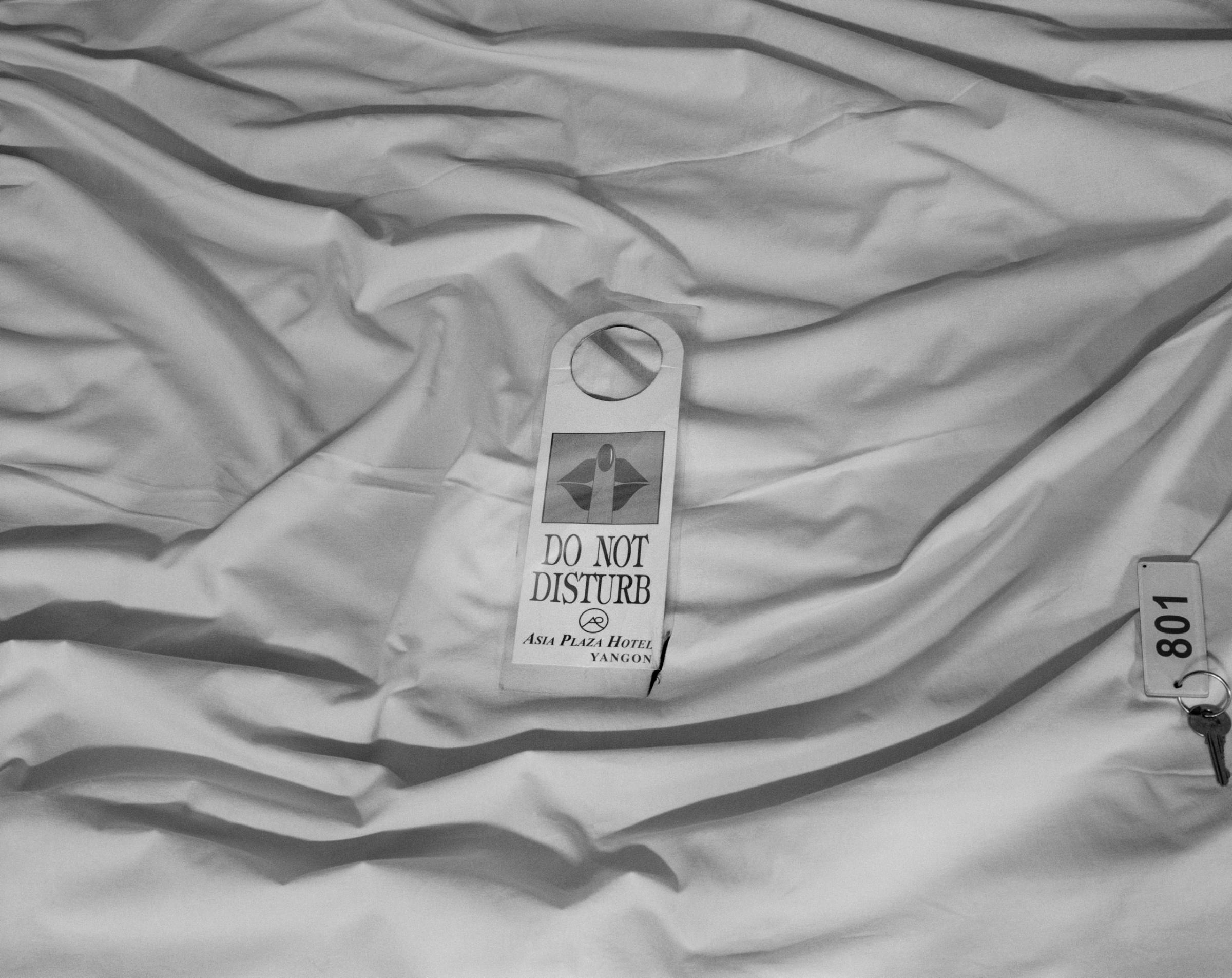

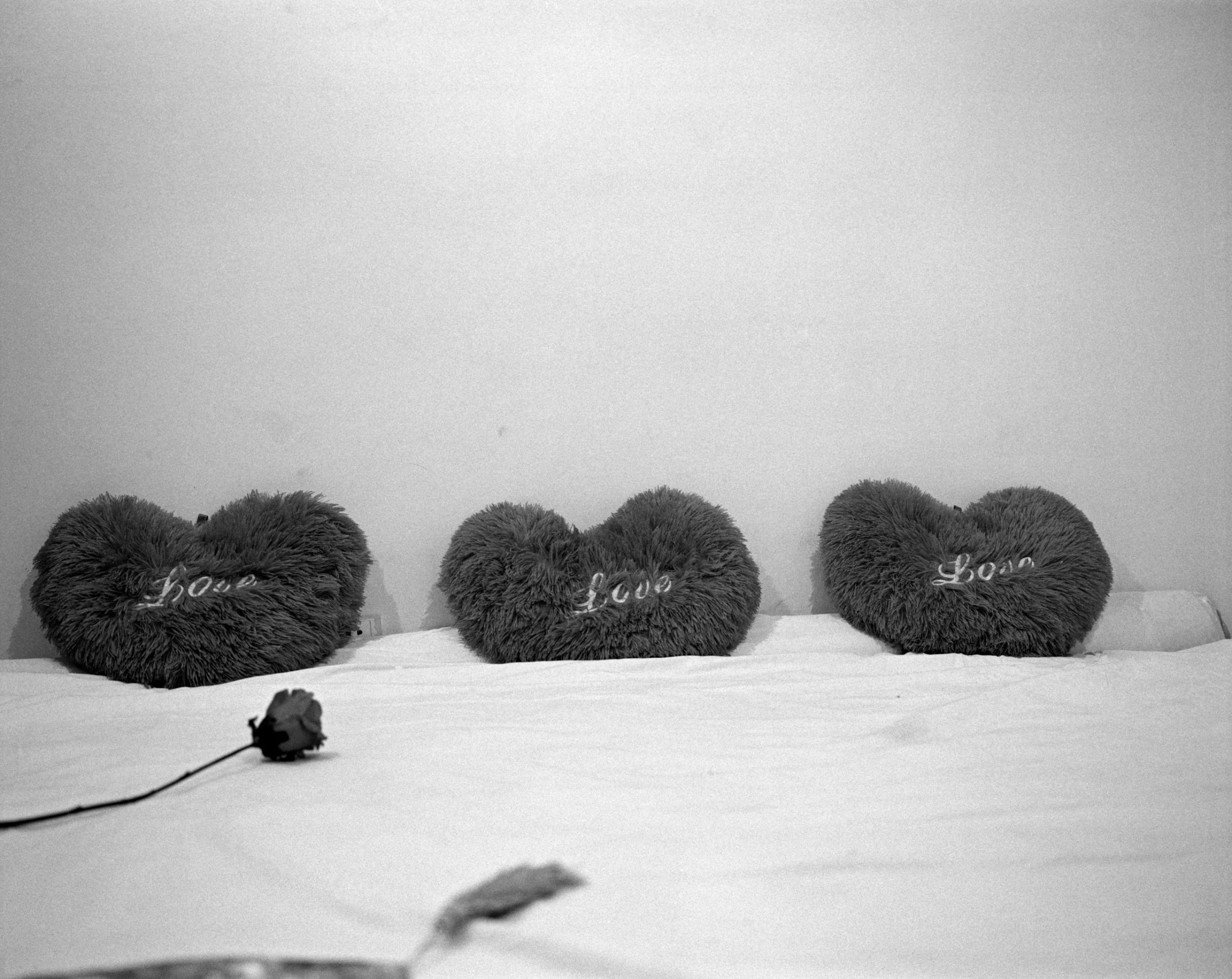
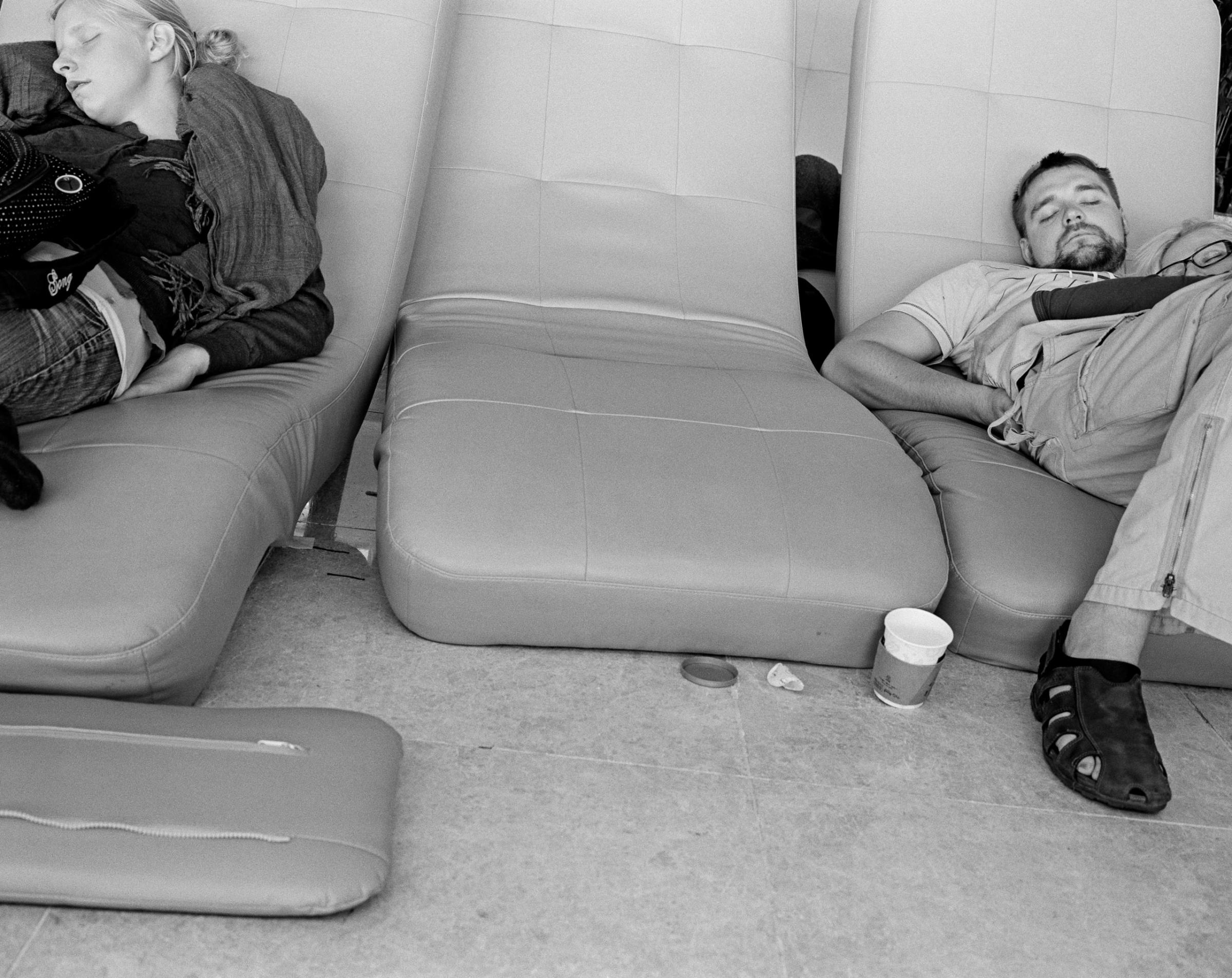
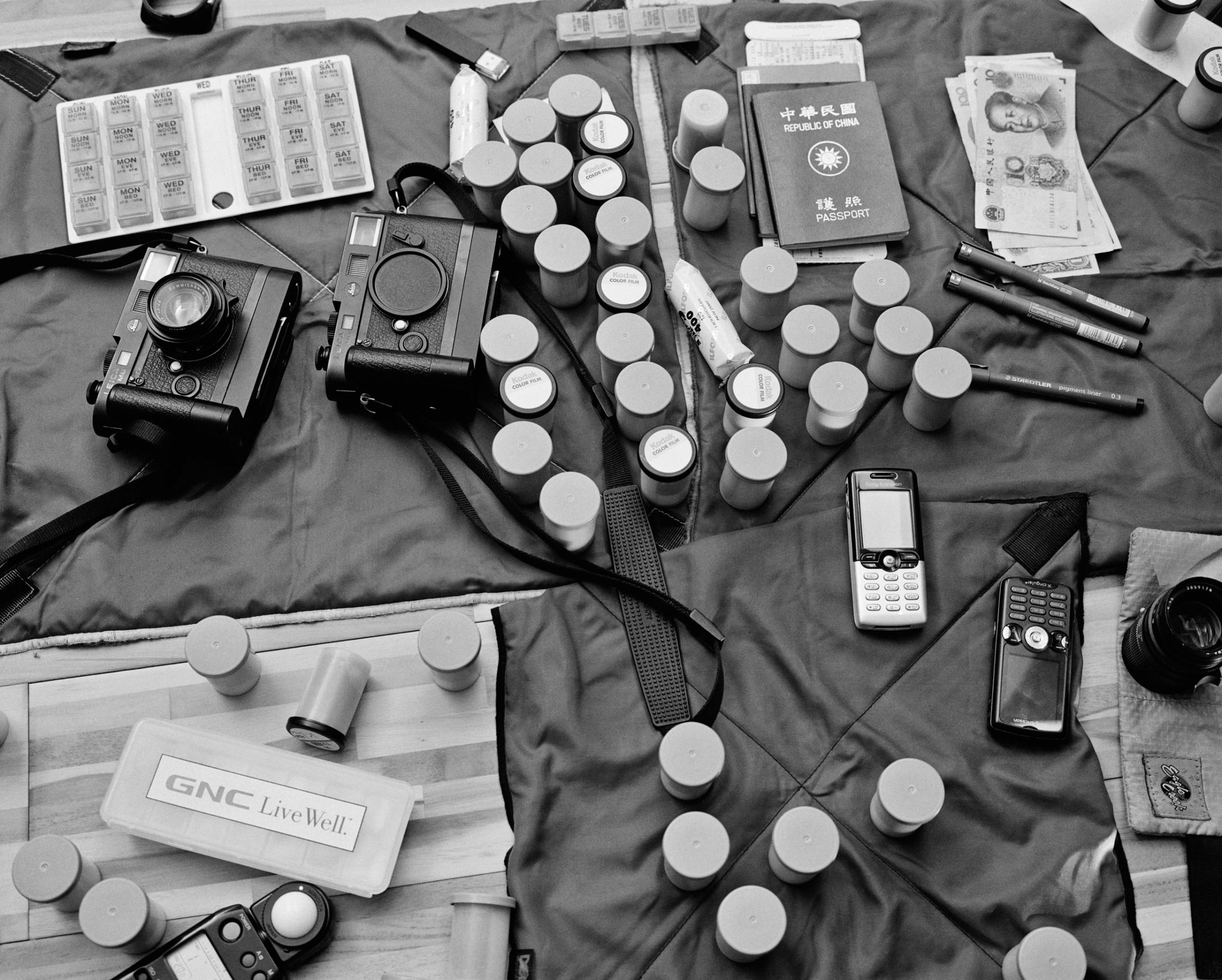

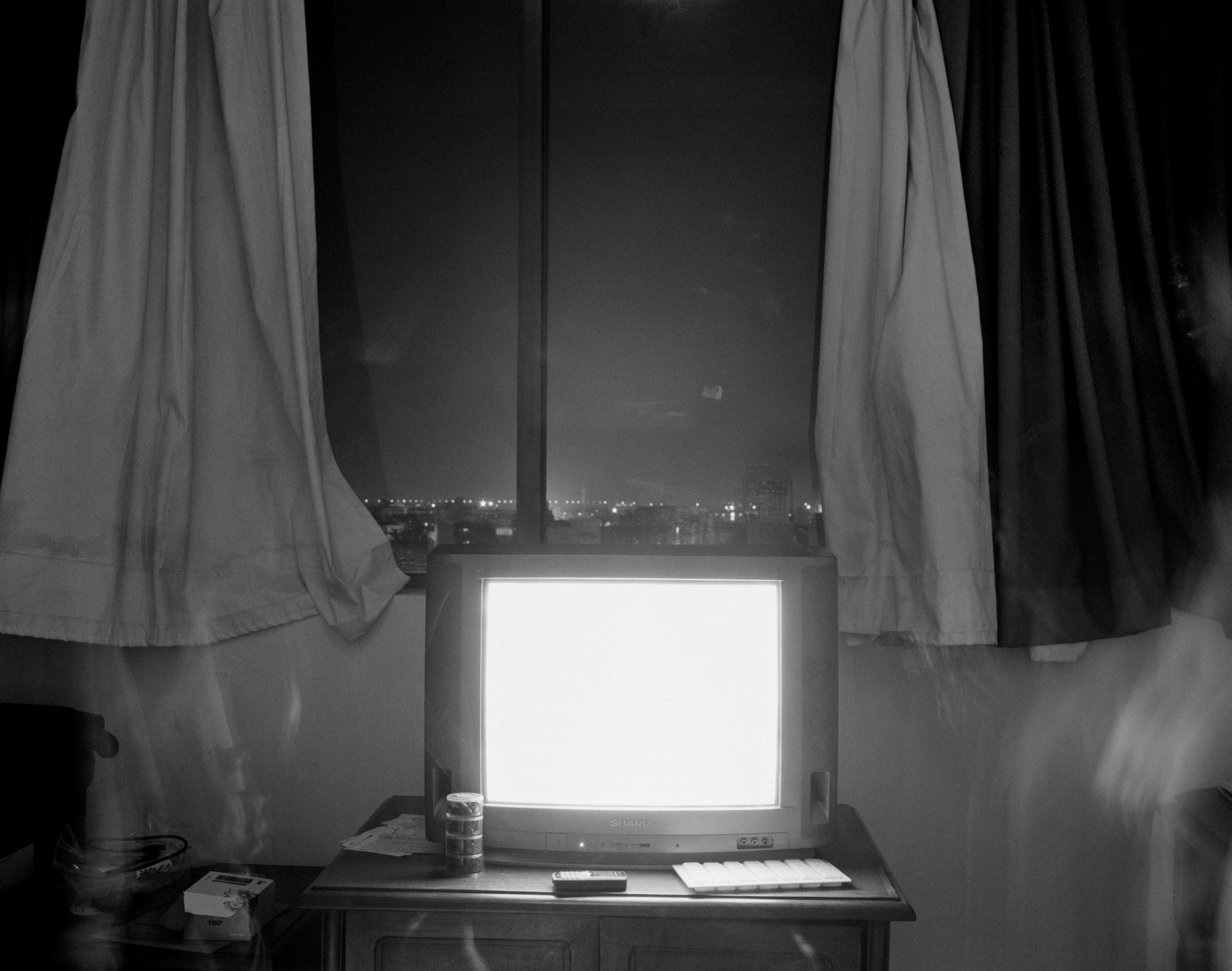
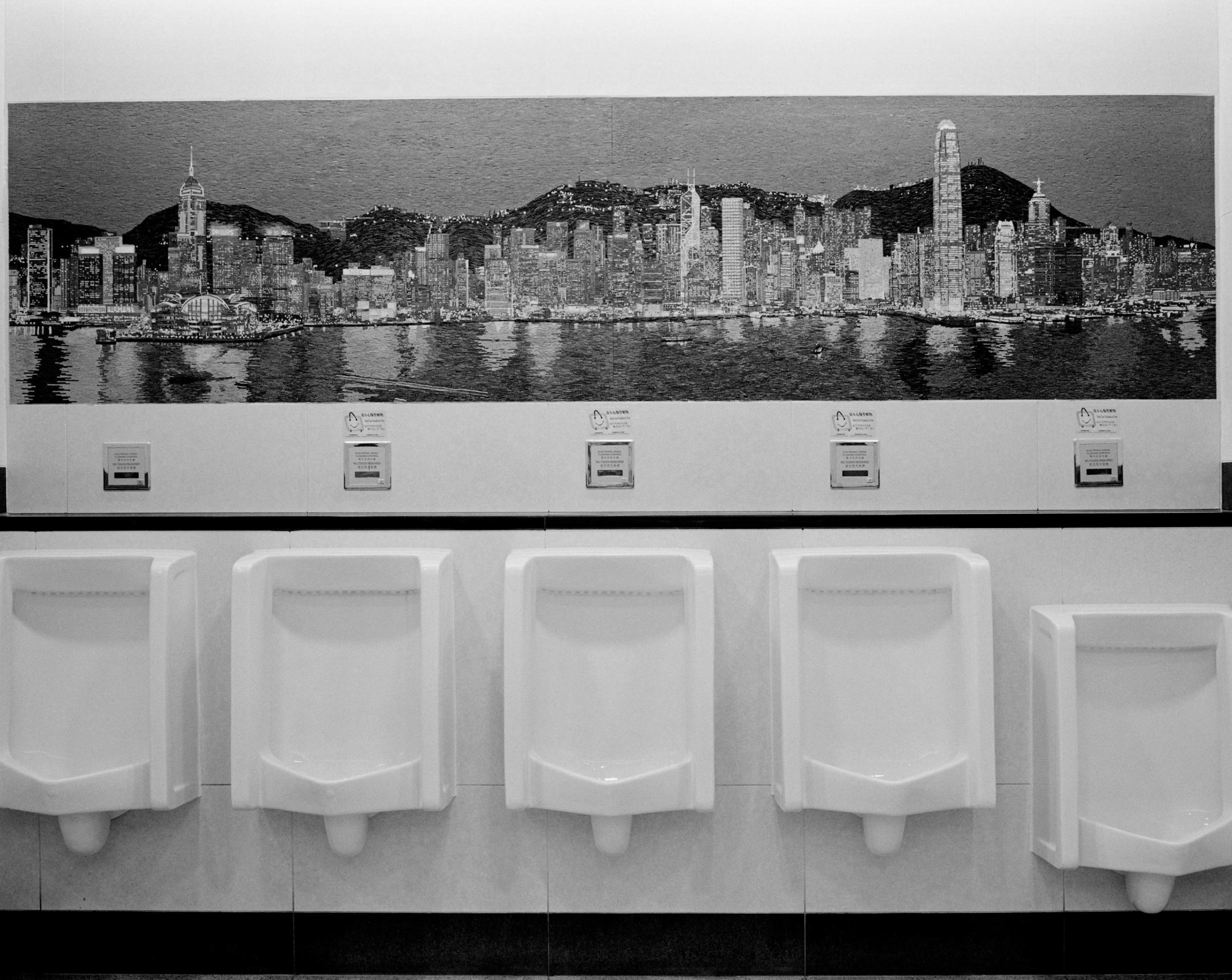
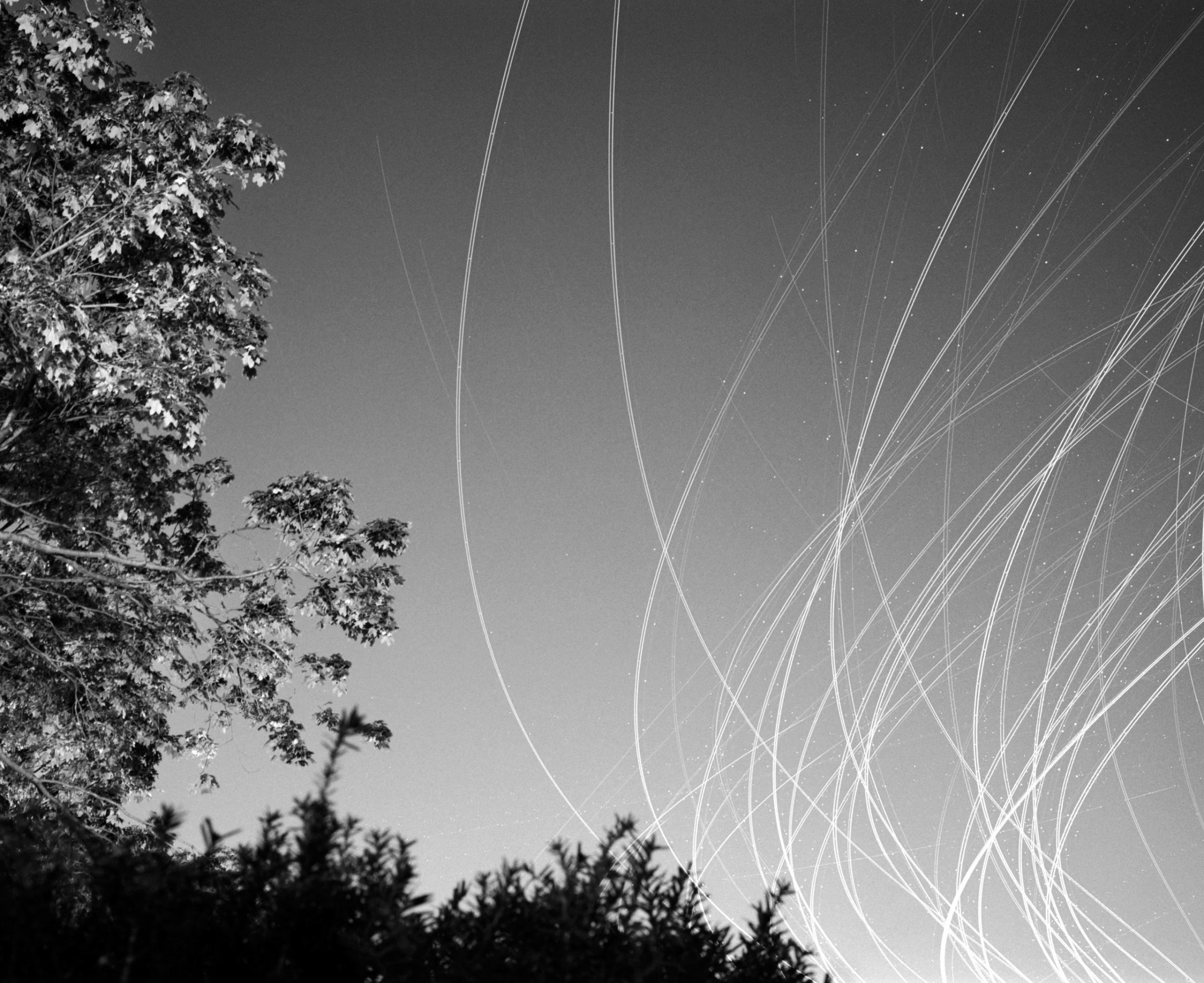
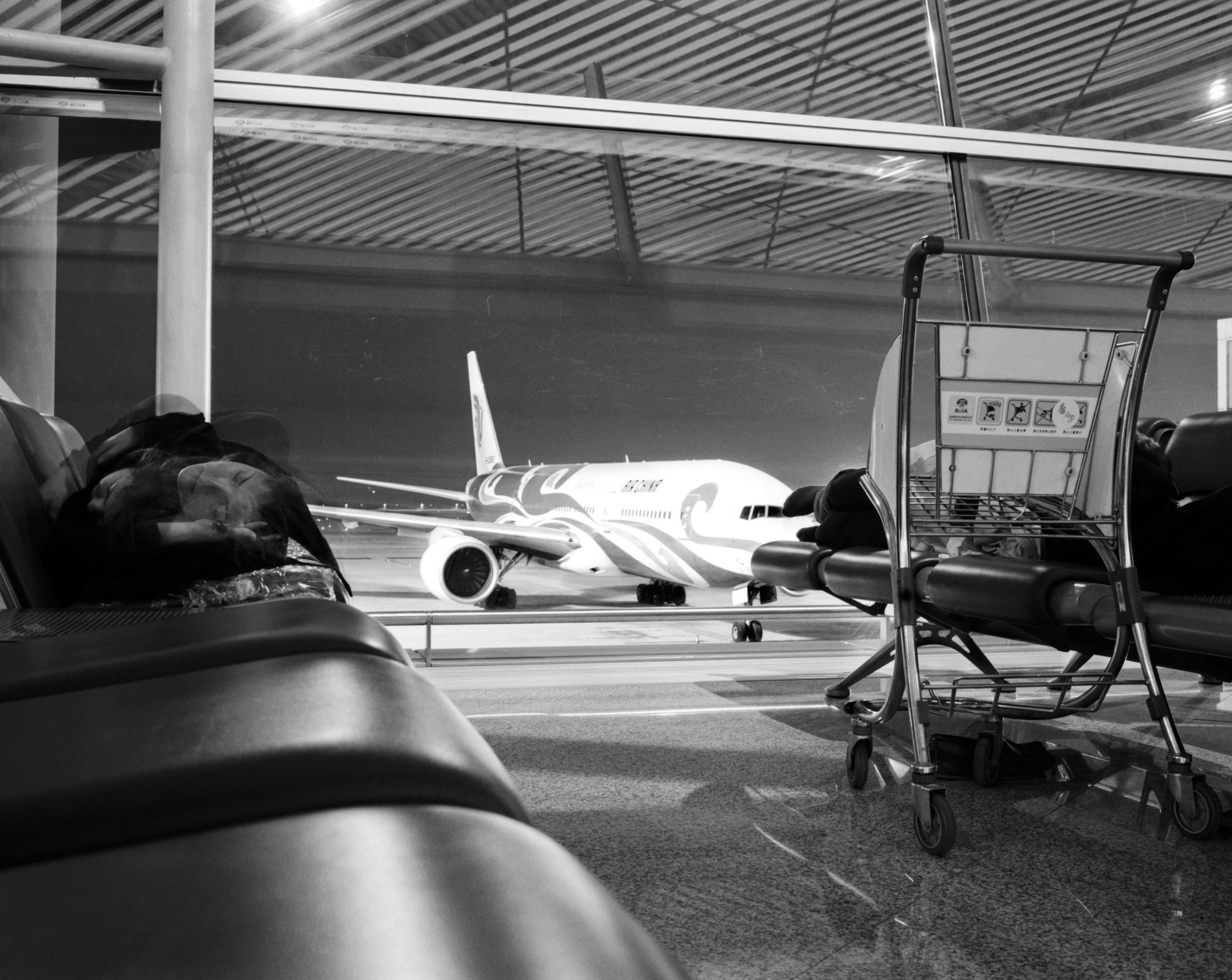
More Must-Reads From TIME
- The 100 Most Influential People of 2024
- The Revolution of Yulia Navalnaya
- 6 Compliments That Land Every Time
- What's the Deal With the Bitcoin Halving?
- If You're Dating Right Now , You're Brave: Column
- The AI That Could Heal a Divided Internet
- Fallout Is a Brilliant Model for the Future of Video Game Adaptations
- Want Weekly Recs on What to Watch, Read, and More? Sign Up for Worth Your Time
Contact us at letters@time.com